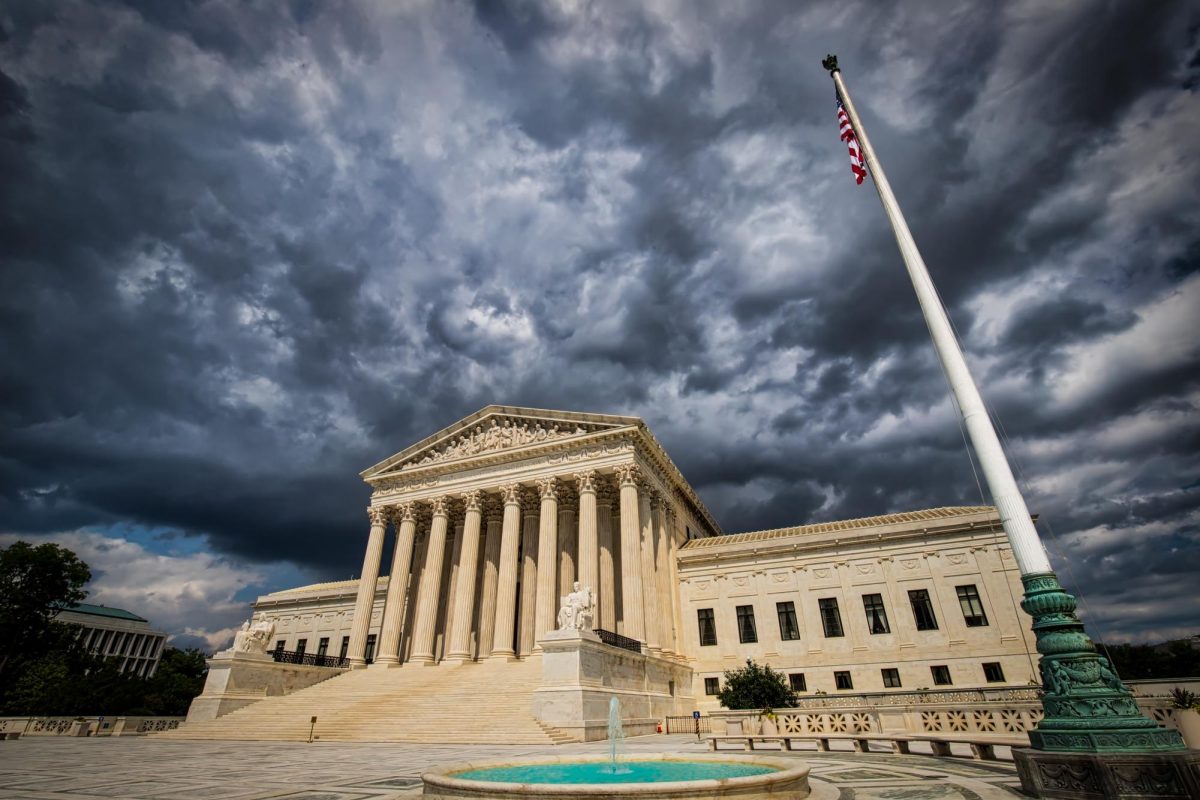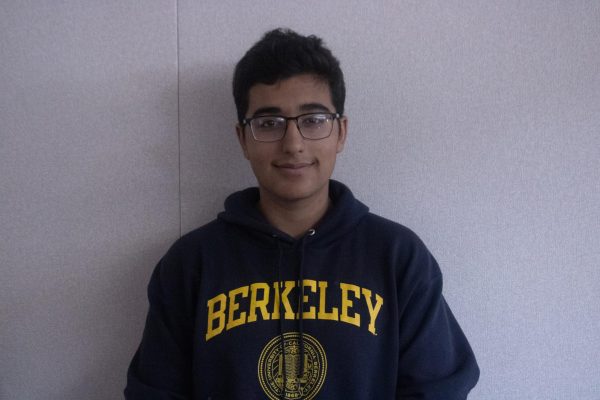Earlier last month, the Supreme Court struck down race-conscious admissions in cases against Harvard and the University of North California. Just one day later, they ruled that the Biden Administration overstepped with their plan to wipe out $400 billion in student debt.
At first glance, these policies may be seen as beneficial. Attacks on affirmative action have grown more robust, with opponents arguing that it promotes racial disparities and segregation. At the same time, however, the divisive nature of debt cancellation has spurred attacks from both sides of the political spectrum, with opponents arguing that President Biden was vastly overstepping his authority.
But in this reality, this style of judicial action is problematically complex beyond perception. The concept of the American Dream offers each new generation the opportunity to build on the successes of previous ones. Still, there is a far darker side to education in America, where the dreams of upward mobility collide with the stark realities of an unforgiving system. The Supreme Court is not the exception but somewhat symbolic of the rule: the tendency of the powerful to satiate public scorn through “democratic action” while perpetuating vastly more damaging policies.
As dissenting Justice Ketanji Brown Jackson outlined in her dissenting opinion, “With let-them-eat cake obliviousness, today, the majority pulls the ripcord and announces colorblindness for all by legal fiat.” The problem with the judiciary approach towards education is apparent. Affirmative action does nothing but ensure that those who are otherwise shut out of the American postsecondary system have a chance to earn a quality degree.
The intrinsically political nature of the most powerful judicial body in the country is an indicator of political loyalties being placed ahead of the sworn judiciary duty towards the American people. The Supreme Court, like other powerful institutions, must prioritize the welfare of the American people over political loyalties and virtue-signaling. If we want a chance at a better future, we need to come together, creating a unified identity to return back to the fundamental ideals of the nation. Over 200 years ago, the Founding Fathers fought to uphold the right to life, liberty, and the pursuit of happiness. But this pursuit of happiness ceases to exist when people are panicking in the quest for education.
Over 45 million Americans carry over $1.6 trillion in student loan debt, severely impacting their financial well-being into adulthood. The crippling debt dissuades future generations from pursuing higher education, hindering their chances of upward mobility and perpetuating a cycle of inequality. Outlawing affirmative action further exacerbates the issue by removing systems that led to upward social mobility for traditionally disadvantaged communities.
Instead of focusing on divisive issues and short-term fixes, comprehensive education reforms are necessary. Addressing the root causes of inequality in education, such as the lack of resources and access in underserved communities, is crucial. Implementing policies that make higher education more affordable and accessible can help bridge the gap between socioeconomic classes. A fair and equitable society requires us to prioritize the pursuit of knowledge and the betterment of all citizens, ensuring that the American dream remains within reach for future generations. It is time for the nation to unite in pursuing comprehensive education reforms, working towards a brighter and more equitable future for all.




































